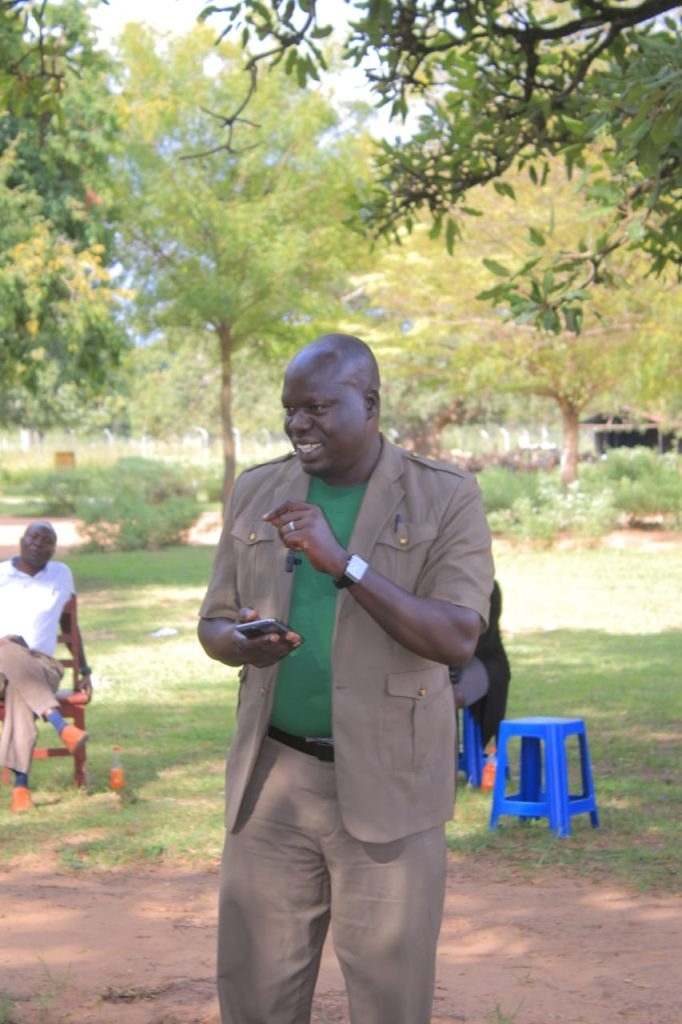By Richard Onapatum
Katakwi District in eastern Uganda has recorded a disturbing surge in gender-based violence (GBV) cases, with 3,345 incidents reported between April and March 2024, according to a study by the Center for Health, Human Rights, and Development (CEHURD).
Senior Probation Officer Betty Angiro attributes the rise in GBV cases to increasing school dropout rates and poverty, which often lead to forced marriages and subsequent violence due to financial insecurity.
“Men have started reporting these cases, which is a good development. Often, the women are acting in self-defense after their partners return home intoxicated and fail to provide for the family.”
To address the issue, Local Council Five Chairperson Omolo Geoffrey outlined the council’s efforts:
“Under my leadership, our council has implemented various measures to combat the rising cases of GBV. We’ve conducted community sensitization campaigns, reaching many residents, to change attitudes and behaviors. Our partnership with NGOs provides psychosocial support, counseling, and economic empowerment programs for survivors.
“Our council also engages with local leaders, community members, and schools to prevent GBV and promote gender equality, especially among youth. We collaborate with schools to integrate GBV prevention and gender equality into curricula.
Our goal remains to create a culture of respect, equality, and zero tolerance for GBV which o advocate for in gatherings
According to the 2023 annual police crime report, cases of domestic violence stood at 14,681. The National Survey on Violence in Uganda reported that 95% of Ugandan women experienced physical and/or sexual violence.
The fight against GBV requires sustained efforts from all stakeholders to protect vulnerable populations and create a safer, more equitable society.


